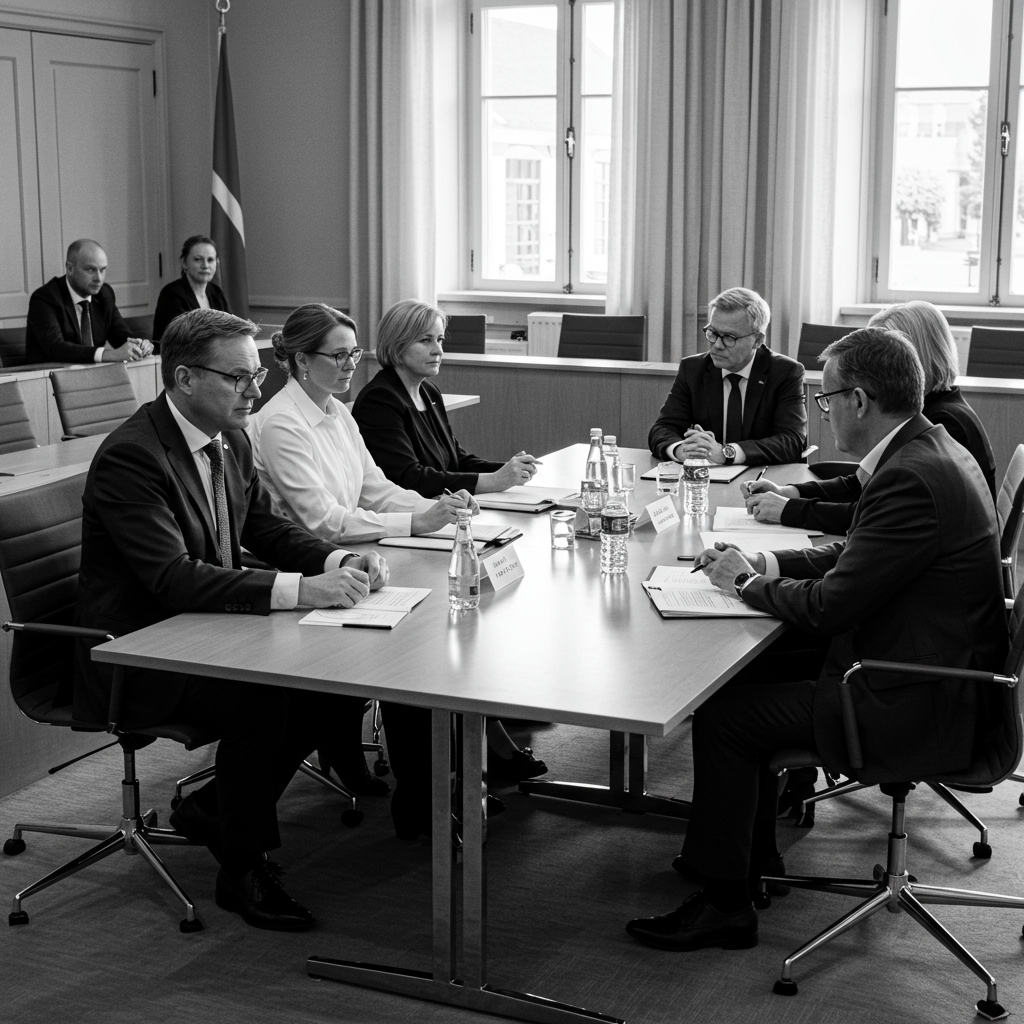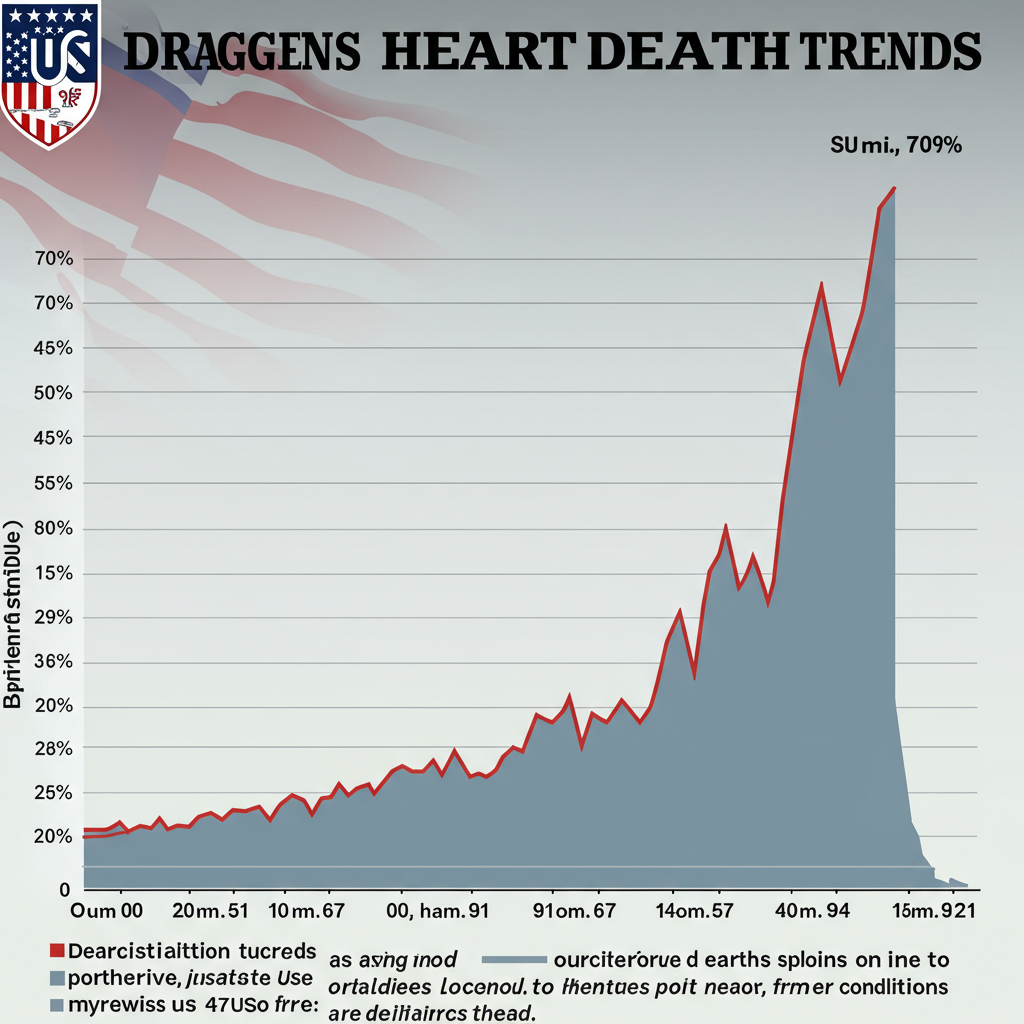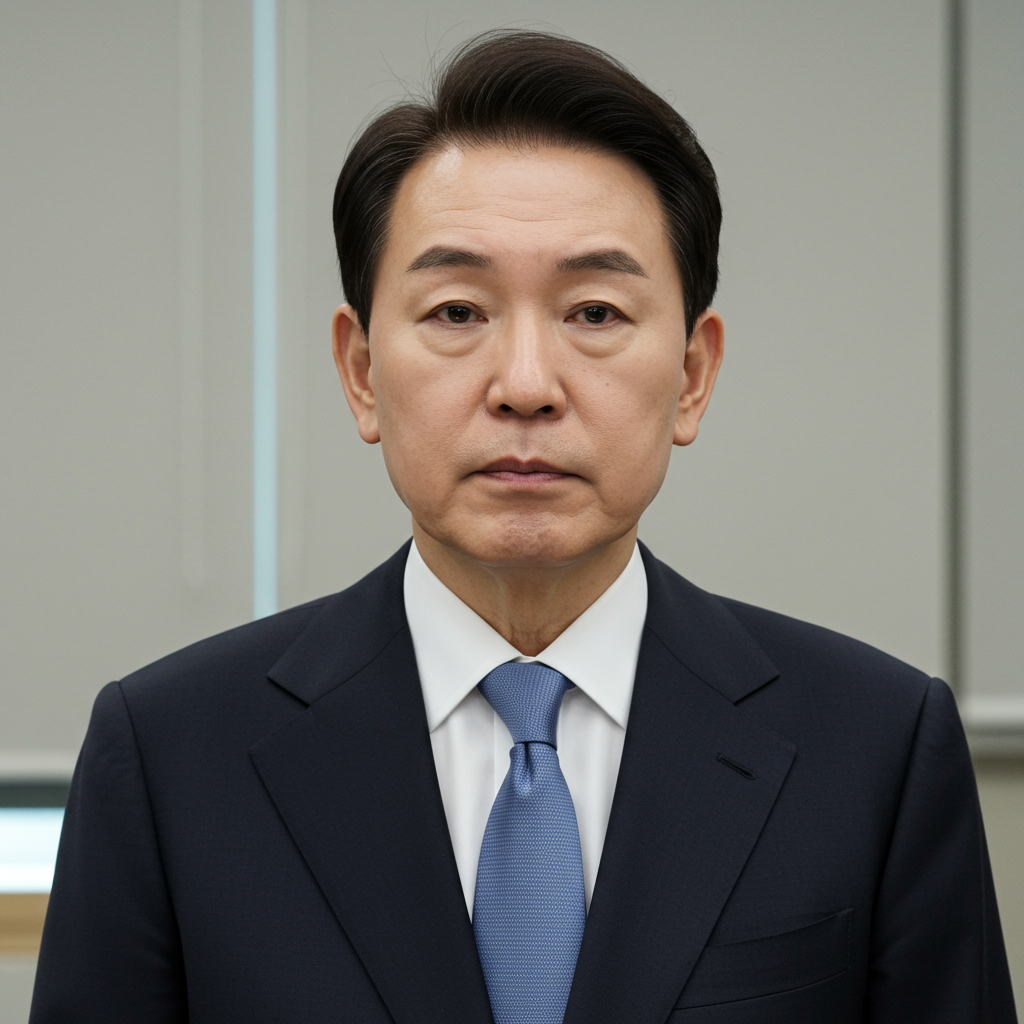Denmark, often pictured as the epitome of liberal, open Scandinavia, presents a striking paradox when it comes to immigration policy. Contrary to the common narrative of the far-right driving anti-migration sentiment across Europe, this traditionally left-leaning nation has become a pioneer in implementing some of the continent’s most restrictive laws. And the architects of this hardline shift? The centre-left Social Democrats.
This unexpected turn challenges assumptions and raises crucial questions: How did a party known for its commitment to a robust welfare state adopt policies typically associated with the political right? What does this mean for the rest of Europe grappling with similar pressures, including left-leaning parties aiming for power?
Migration Anxiety Across Europe
Migration has surged to the top of voter priorities across Europe, fueled by a complex mix of anxieties. Geopolitical instability, economic uncertainty, rising costs of living, and events like the 2015 refugee crisis have created fertile ground for concerns about borders and national identity. While far-right parties have capitalized on this fear in many places, Denmark shows that the response isn’t always so straightforward.
Denmark’s Evolving Stance
Denmark has a long history with immigration, which has grown significantly over recent decades. The proportion of residents who are immigrants or have two immigrant parents has increased dramatically since the 1980s. The 2015 European migration and refugee crisis marked a critical turning point, leading to a substantial influx into northern Europe.
Public sentiment shifted. Slogans like “Danskerne Først” (Danes First) resonated with voters who felt their country changing. Local officials outside Copenhagen raised alarms about perceived strains on Denmark’s renowned welfare system – reports of schools with many non-Danish speaking children, concerns about benefits, and worries about crime became focal points for growing local resentment. This environment saw the hard-right Danish People’s Party (DPP) gain significant political traction.
The Social Democrats’ Strategic Pivot
Faced with this shifting political landscape and the DPP’s rise, Denmark’s Social Democratic party, under leader Mette Frederiksen, made a calculated strategic decision. They openly broke with their past reputation for openness on migration, pivoting sharply towards adopting hardline asylum and immigration policies previously championed by the DPP.
Frederiksen later stated the party “should have listened” to public concerns earlier. The core justification for this dramatic policy shift was framed not primarily through nationalist rhetoric, but through the lens of protecting Denmark’s cherished social welfare model and social cohesion. The argument was that high levels of migration threatened the public services Danes fund through high taxes, disproportionately affecting the poorest segments of society. This allowed the Social Democrats to present their tough rules as necessary to preserve the core values of the left: the welfare state.
This strategy proved politically successful. Frederiksen became Prime Minister in 2019, and the DPP’s influence waned, highlighting how mainstream parties can sometimes neutralize rivals by adopting parts of their platform.
A Toolkit of Tough Measures
Denmark has since implemented a series of stringent measures aimed at deterring migrants and reducing asylum applications:
Confiscation of Valuables: Authorities were permitted to confiscate asylum seekers’ cash and valuables to help cover their stay – a policy that drew international condemnation.
Legislative Tightening: Immigration controls have been amended repeatedly; one minister notoriously celebrated passing her 50th amendment.
Temporary Status & Family Reunion: All refugees’ stays are legally temporary, regardless of their protection needs, and rules on family reunification have been significantly tightened.
Offshore Processing Push: Denmark has been a leading voice advocating for processing asylum seekers outside Europe. Initial ideas of housing migrants on a Danish island were shelved, but a 2021 law allowing processing and resettlement in partner countries (like a proposal attempted by the UK) was passed, though it has seen limited practical application.
Creating a “Hostile Environment”: Experts note the authorities intentionally sought to create a deterrent. This included placing advertisements in foreign newspapers (e.g., in Lebanon during the 2015 crisis) warning potential migrants about Denmark’s tough policies. The explicit goal was to reduce all* incentives to come, with even talk of aiming for a “zero asylum seekers” policy.
Criticism and Unintended Consequences
These policies have undeniably had an impact. Denmark saw a significant drop in asylum applications, reaching the lowest number in 40 years by May 2025. However, critics argue this comes at a cost to Denmark’s international reputation regarding human rights and humanitarian law. Protecting refugees has become harder due to constantly shifting legal requirements.
Furthermore, policies aimed at integration have been criticized for alienating citizens of migrant backgrounds. The controversial “parallel societies” law, for instance, allows state intervention, including demolition or sale, in areas with high proportions of “non-Western” residents, ostensibly for integration but seen by many as discriminatory and divisive. A senior advisor to the EU’s top court recently described the “non-Western” provision as discriminatory based on ethnic origin.
Denmark’s Influence on Europe: The “New Normal”?
What was once seen as an extreme stance by Denmark’s centre-left is increasingly viewed as a potential blueprint or, as some analysts put it, has become “the new normal” in European migration policy. Centre parties, both left and right, are increasingly adopting language and positions previously confined to the far-right to regain or hold onto voter support.
Examples abound across the continent. Leaders like Germany’s Olaf Scholz (centre-left) have pledged tighter asylum rules. France’s Emmanuel Macron (centrist) has taken a harder line, while Marine Le Pen (far-right) strategically incorporates social welfare policies to broaden her appeal, though her commitment to “national priority” favoritism for French citizens remains a core, uniquely far-right tenet. The blurring isn’t just the left moving right; it’s a complex dance of adopting policies and rhetoric across the spectrum, sometimes even using seemingly progressive arguments (like protecting women’s rights or LGBTQ+ rights from perceived threats from certain migrant groups, as seen in some German political discourse) to justify restrictive stances.
Denmark is actively pushing this trend at a European level, notably joining eight other leaders in calling for a reinterpretation of the European Convention on Human Rights to make expelling foreign criminals easier – a sign that signatory countries are challenging international legal frameworks when they conflict with current political agendas.
Spain’s Contrasting Approach
In stark contrast to Denmark, Spain’s centre-left government under Pedro Sanchez is pursuing a dramatically different path. Facing an aging population, a low birth rate, and a need for labor, Sanchez proposes legalizing nearly a million undocumented migrants already working in the country. He argues this will boost Spain’s robust economic growth and secure future pension payments through increased tax revenue from formalized workers. Sanchez frames this as effectively “managing” migration to meet demographic and economic needs, planning investment in public services like housing and schools to accommodate new residents using the increased tax base.
This approach is not without political risk, with polls showing significant public concern about migration levels in Spain. However, unlike in Denmark, this has not yet translated into widespread support for Spain’s nationalist, anti-immigration Vox party.
What Defines Success?
Ultimately, whether a migration policy is deemed “successful” depends heavily on a government’s defined priorities. For Denmark, it’s preserving the welfare system. For others, it might be border control, offshoring processing, or protecting perceived cultural identity.
While governments often focus on highly visible issues (like boat crossings) to manage public anger, research suggests voters may hold more nuanced views, often favoring a balance between necessary limits for security and fair treatment for refugees and needed workers. There is no simple, universally accepted formula that perfectly reconciles voter concerns, economic demands, and humanitarian values. Denmark’s journey, led by its Social Democrats, serves as a powerful example of how national context and political strategy can dramatically reshape a country’s approach to one of the defining issues of our time, influencing the political landscape far beyond its borders.
References
- https://www.bbc.com/news/articles/c1mgkd93r4yo
- https://www.bbc.co.uk/news/articles/c1mgkd93r4yo
- https://www.bbc.com/news/world-europe-38321401
- https://www.bbc.com/news/world-europe-37274201
- https://time.com/6960193/german-immigration-consensus/



